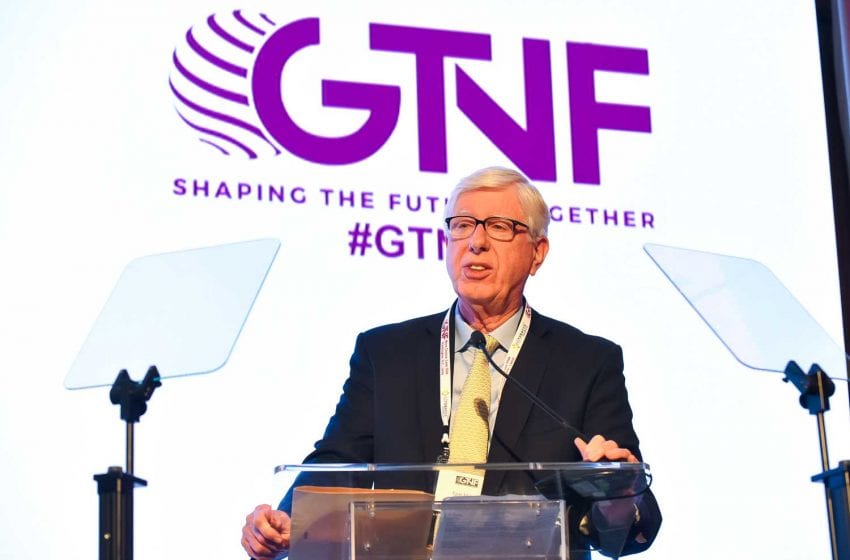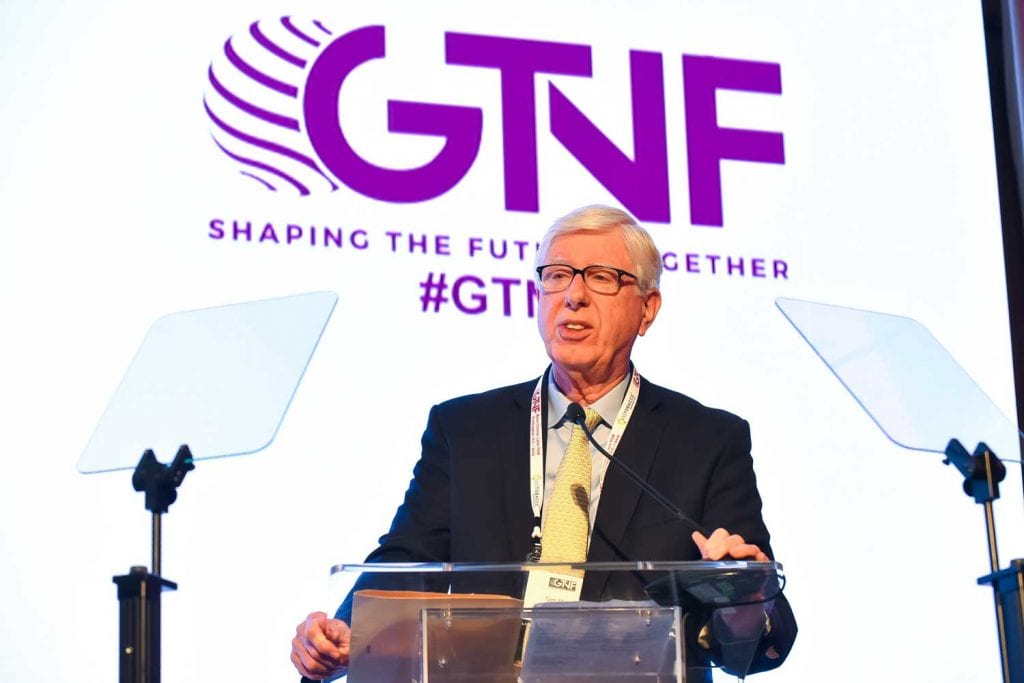
Ireland’s minister of health, Simon Harris, has urged the EU to crack down on tobacco industry actions that he believes are “undermining” the recently enacted ban on menthol cigarettes.
Across the EU, tobacco companies have been introducing products targeted at smokers who previously used menthol products.
Philip Morris International (PMI), for example, introduced Marlboro Bright, a brand that it described as a “menthol blend without methylation.” Japan Tobacco International (JTI) launched Silk Cut Choice Green.
JTI and Philip Morris both advertised their new brands to Irish retailers as replacements or substitutes for their old menthol cigarettes.
PMI believes Marlboro Bright complies with the ban because the cigarette doesn’t taste of menthol when smoked. It also criticized any Irish retailers that are still illegally selling its old menthol Marlboro Green brand.
Anti-smoking campaigners in Britain recently lambasted JTI for distributing information to retailers on how to “navigate” the ban in a publication titled “Making a Mint.”
Rival tobacco companies that have chosen not to introduce substitutes for menthol cigarettes also criticized the moves by JTI and PMI.
“We believe both the letter and spirit of the law is clear, and as such we are not launching any cigarette brands or accessories with menthol-type properties,” said Simon Carroll, the Ireland country manager for British American Tobacco, whose subsidiary there is PJ Carroll.
The menthol market was estimated to represent up to 18 percent, or about €252 million ($282.3 million), of the Irish tobacco market before the introduction of the EU ban on May 20.




















